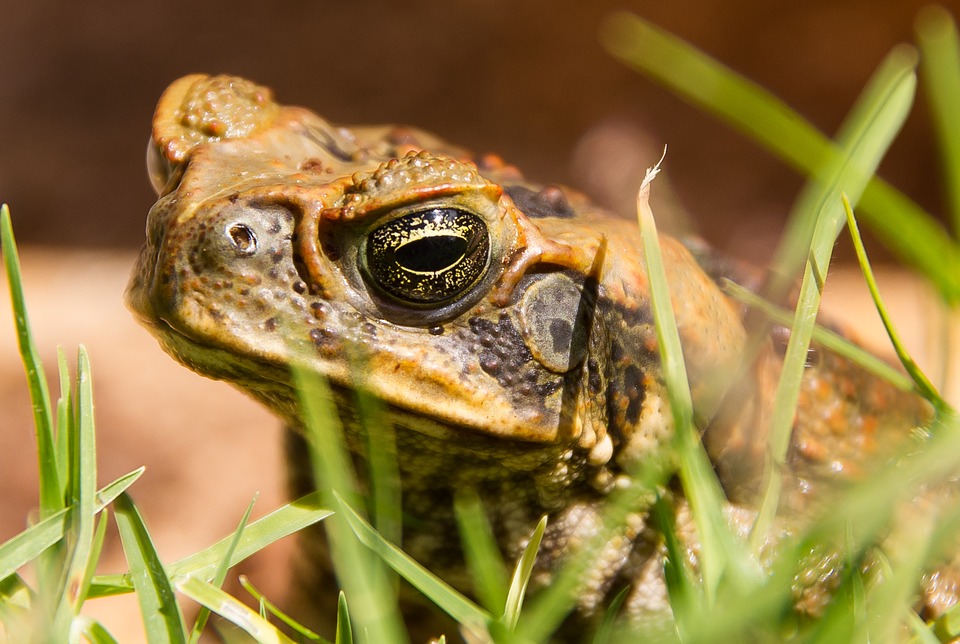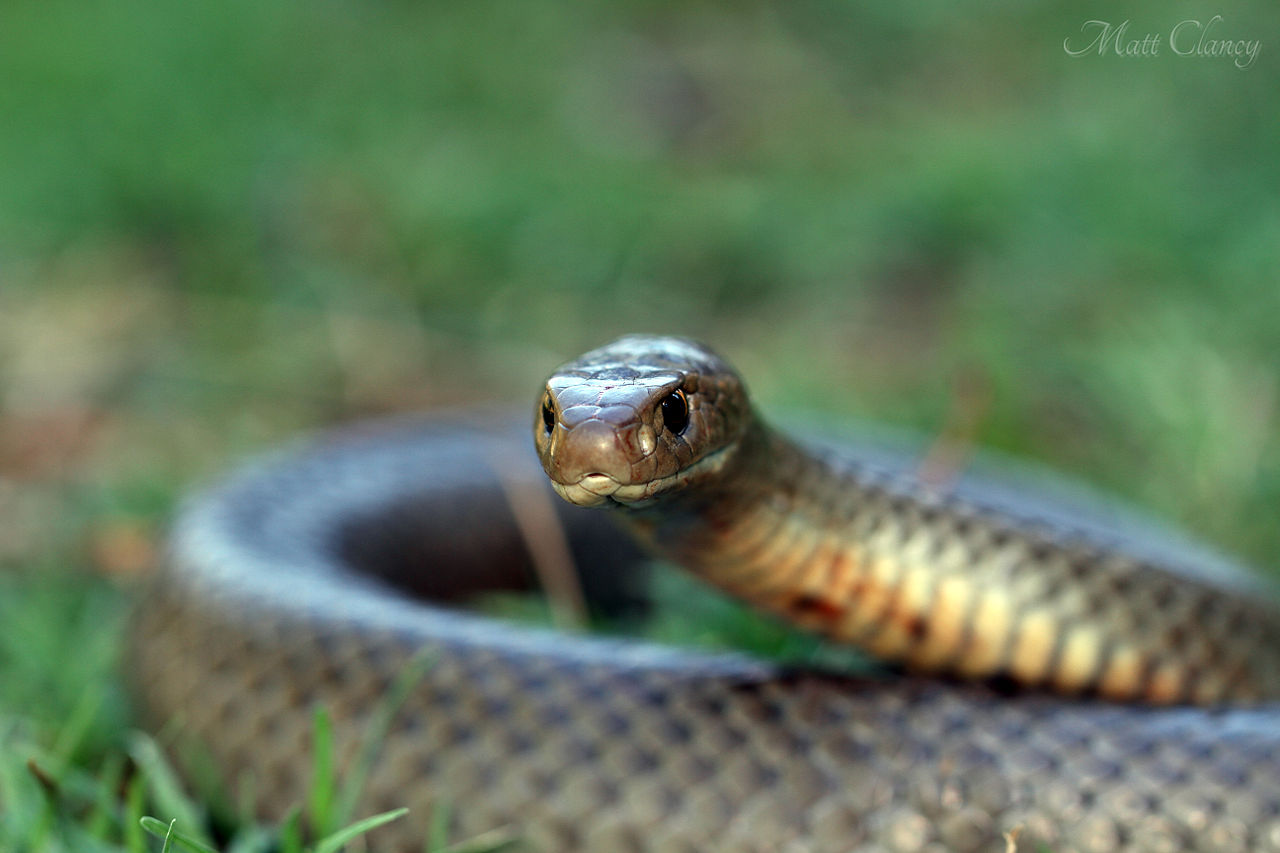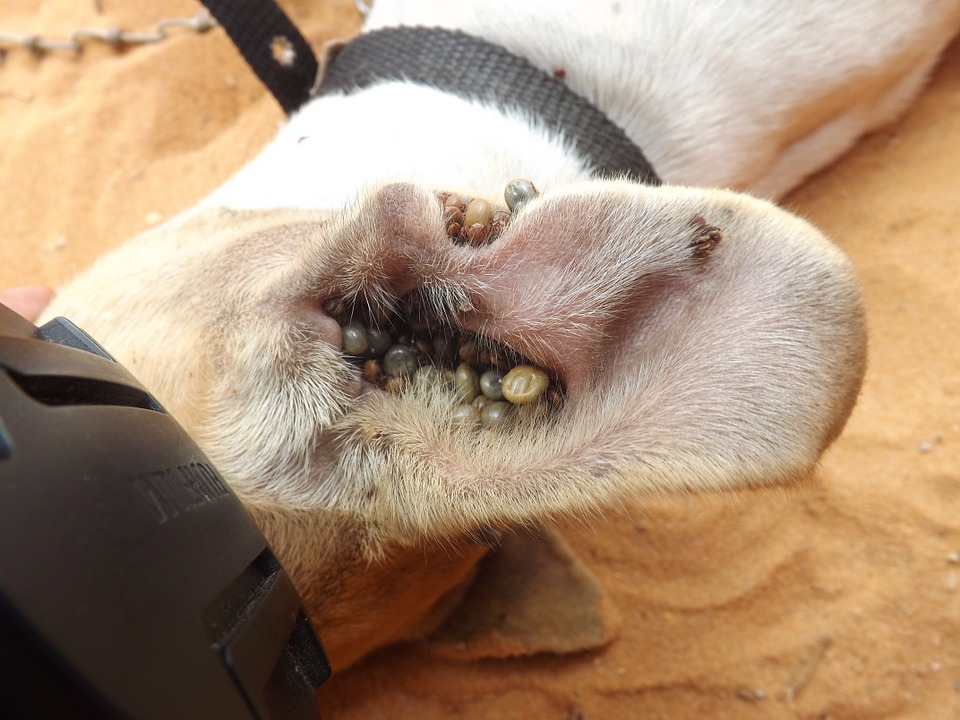Dogs and cats love being outdoors. However did you know that there can be dangers lurking even in your own backyard, particularly over the summer months when we spend more time outdoors. These are just a few of the things that you may need to be aware of to keep your pets safe.
BBQ food bad for your dog
It’s that time of year we all start to enjoy the outdoors and as we get closer to the end of the year we all love to catch up with friends and family around a BBQ. Unfortunately for some of our four-legged family members this can mean a trip to the vet hospital.
Some of the hazards for pets include foods and left over rubbish such as:
- corn cobs
- cooked bones
- high fat meals
- onion and garlic
- kebab sticks
- meat absorber pads
- roast netting
- avocado.
These can cause a myriad of life threatening problems form foreign object obstruction to anaemia and even pancreatitis. Some symptoms to watch for include:
- hunched back (pain)
- loss of appetite
- lethargy
- repeated vomiting.
In no circumstances should a pet be given alcohol.
To prevent your pet from having to spend holiday season in the vet hospital there are a few things you can do including asking your visitors not to feed your pet, ensuring your rubbish bin has a secure lid and that it is closed at all times, close the lid of the BBQ when you are not present, have a covered container on hand to collect cooked bones, supervise kids around your pet and have a quiet indoor space for your pet to have a break as needed.
Backyard Pest: Cane Toad
Can toads secrete a nasty poison from glands behind their head. This can be absorbed through the gums and lips of your pet and can cause death in as little as 30 minutes.
If you suspect a toad has poisoned your pet it is vital you promptly remove any trace of the poison from your pets teeth and gums. Soak several clean washers with cold water. Using a dripping wet washer clean your pets lips, gums and teeth. Repeat the clean several times using a new washer each time to ensure all of the toxic residue is washed out of your pets mouth. Then transport your pet to your vet as quickly and quietly as possible.
To prevent poisoning, allow your pet outside at night only if you are with them. It is possible to train your dog not to attach toads.
Backyard Pest: Snakes
With the onset of warmer weather snakes are on the move. If disturbed or startled, snakes can bite with deadly consequences. It is important to be aware of snake bite signs as you may not see your pet being bitten.
Some of the symptoms are:
-
sudden weakness followed by collapse
-
bleeding puncture wound
-
swelling of bitten area
-
pain and discomfort
-
neurological signs such as drooling
-
twitching and shaking
-
vomiting
-
loss of bladder and bowel control
-
dilated pupils
-
paralysis.
If you suspect your pet has been bitten by a snake, keep your pet calm and take it to the vet immediately. Call your vet in advance so they can be prepared for your arrival with the right treatment. If you cannot get to your vet immediately, applying a pressure bandage over and around the wound can help to slow down the venom spreading to the heart.
To help prevent snake bites, keep the grass low in your backyard and clear up any rubbish or objects where snakes may be able to hide. Also, when walking your pet near bushland, keep them on a lead and avoid long grassy areas.
Backyard Pest: Paralysis Ticks
Paralysis ticks are very common in all the bushland areas of the Sunshine Coast, especially around areas with long grass, and although more prevalent from August to February, they can be found throughout the year. When a tick attaches to your pet it digs in and starts to suck blood while releasing the toxin that causes paralysis. Tick paralysis can be FATAL!
If you find a tick on your pet, remove it immediately by grasping it with tweezers around the head and pull it out. Check for more ticks as there is often more than one. Common symptoms of tick paralysis include:
- altered breathing, fast in the early stages then slow and labored
- hind leg weakness
- difficulty getting up and wobbly when walking
- altered bark or meow
- vomiting.
If your pet has any of these symptoms they should be seen by a vet immediately. Symptoms can begin even 72 hours after a tick has been removed.
To help prevent ticks ensure you are up to date with administering tick preventatives such as chews, tablets, spot-on’s or collars. Ensure you are using the correct method to suit your pets’ lifestyle, for example some are not suitable if you have young children or ineffective if your dog swims. Run your fingers through your pets coat every day thoroughly feeling for ticks all over the body.







